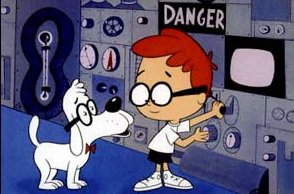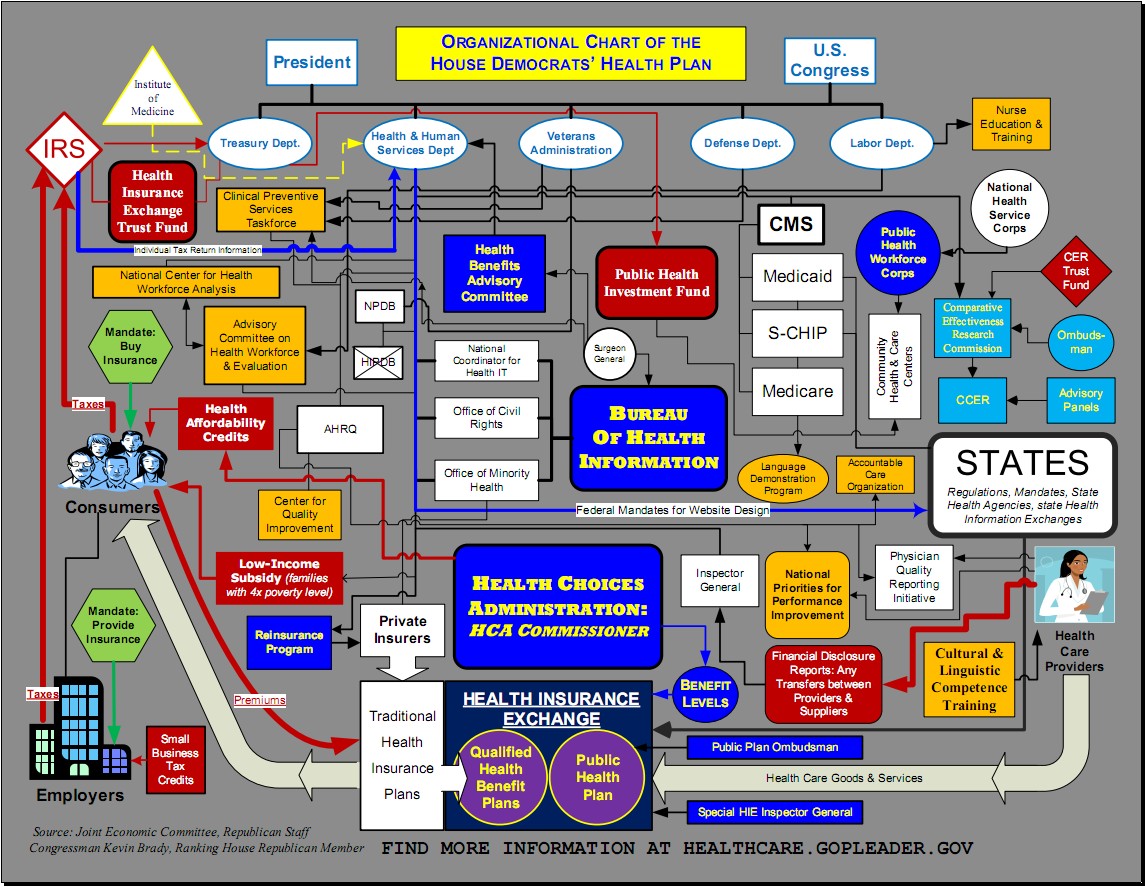 Several times on this blog I have discussed the need to advance pharmacy through the use of new and exciting technologies. Yesterday I experienced something that brings light to the reason pharmacy practice is still in the Stone Age, where it may live forever.
Several times on this blog I have discussed the need to advance pharmacy through the use of new and exciting technologies. Yesterday I experienced something that brings light to the reason pharmacy practice is still in the Stone Age, where it may live forever.
We had a minor pharmacy system upgrade yesterday. The system was down for about 45 minutes. Although minor, the upgrade required the removal of the previous version of the pharmacy software prior to installing the new version. Overall the process went smoothly. However, within a few minutes of giving the pharmacists the all clear I began receiving phone call after phone call because the upgrade “didn’t work†and they couldn’t “get into Siemensâ€. The problem: the install client failed to put the shortcut icon for the pharmacy system on their desktop. Seriously, that’s the problem? Wow!
The “problem†brought the pharmacy to a standstill. So, the next time you talk about carousel technology, automated packaging, or clinical decision support software, remember that many pharmacists still struggle with using a computer; a device that is common in nearly every household in America.
I bet Steve Jobs doesn’t have these problems. ;-)




